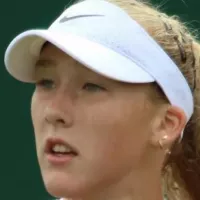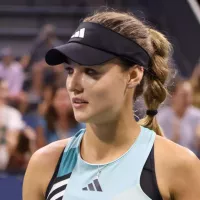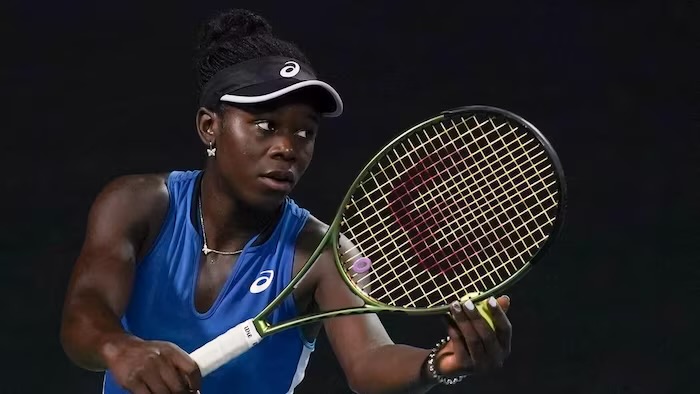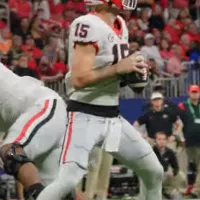July 1910
Oskar Sala (18 July 1910 – 26 February 2002) was a German composer and a pioneer of electronic music. He played an instrument called the Trautonium, an early form of electronic synthesizer.
1929
Sala was born in Greiz, Thuringia, Germany. He studied piano and organ during his youth, performing classical piano concerts as a teenager. In 1929, he moved to Berlin to study piano and composition with composer and violist Paul Hindemith at the Berlin Conservatory. He also followed the experiments of Dr. Friedrich Trautwein, at the school's laboratory, learning to play with Trautwein's pioneer electronic instrument, the Trautonium.
1930
On 20 June 1930 Sala and Paul Hindemith gave a public performance at the Berliner Musikhochschule Hall called “Neue Musik Berlin 1930″ to introduce the Trautonium. Later Sala toured Germany with the Trautonium; in 1931 he was the soloist in a performance of Hindemith's Concert for Trautonium with String Quartet. He also soloed in the debut of Hindemith student Harald Genzmer's “Concert for Trautonium AND Orchestra”.
1935
Sala studied physics at the University of Berlin between 1932 and 1935. He helped to develop the "Volkstrautonium", a Trautonium that Telefunken hoped to popularize. In 1935 he built a "Radio-Trautonium", and in 1938 a portable model, the "Konzerttrautonium".
1948
In 1948, Sala further developed the Trautonium into the Mixtur-Trautonium. Sala's invention opened the field of subharmonics, the symmetric counterpart to overtones, so that a thoroughly distinct tuning evolved. Pioneering music therapist Maria Schüppel studied and worked with Sala during the 1950s.
1952
Sala presented his new instrument to the public in 1952 and would soon receive international licenses for its circuits. That same year, Harald Genzmer delivered the score to the first Concert For Mixtur-Trautonium And Grand Orchestra.
1958
In the 1940s and 1950s, he worked on many film scores. In 1958, he established his own studio at Mars film GmbH (4th incarnation) in Berlin. It was there that he produced electronic soundtracks for such films as Veit Harlan's Different from You and Me (1957), Rolf Thiele's Rosemary (1959), and Fritz Lang's Das Indische Grabmal (1959).
July 2022
On 18 July 2022, Google celebrated his 112th birthday with a Google Doodle.
Trending

Paul Franklin Dano is a celebrated American actor known for his versatile roles His early career saw him winning the...
3 months ago Deadly Paraglider Attack in Myanmar Kills Dozens at Buddhist Festival Celebration

8 months ago Mirra Andreeva vs. Yulia Putintseva at French Open; Putintseva Advances to Second Round

3 months ago Anna Kalinskaya's upcoming matches: WTA Hong Kong and Merida Open Akron predictions.

2 months ago RBA Holds Rates Steady Amid Inflation Concerns and Economic Uncertainty: A Detailed Analysis

2 months ago Victoria Mboko Dominates, Reaches Hong Kong Open Final After Fernandez Victory
Popular

Carson Beck is an American college football quarterback currently playing...
Curt Cignetti is an American college football coach currently the...

XXXTentacion born Jahseh Dwayne Ricardo Onfroy was a controversial yet...
WWE Raw a professional wrestling television program by WWE airs...

Stranger Things created by the Duffer Brothers is a popular...

Kristi Noem is an American politician who has served as...